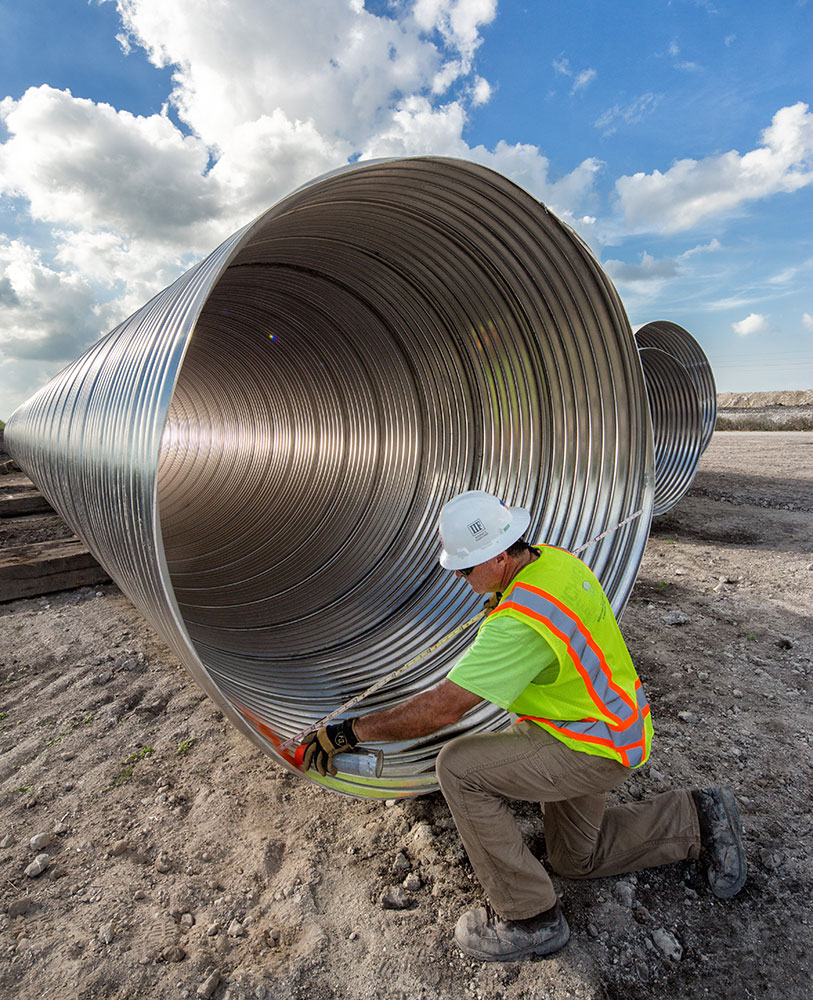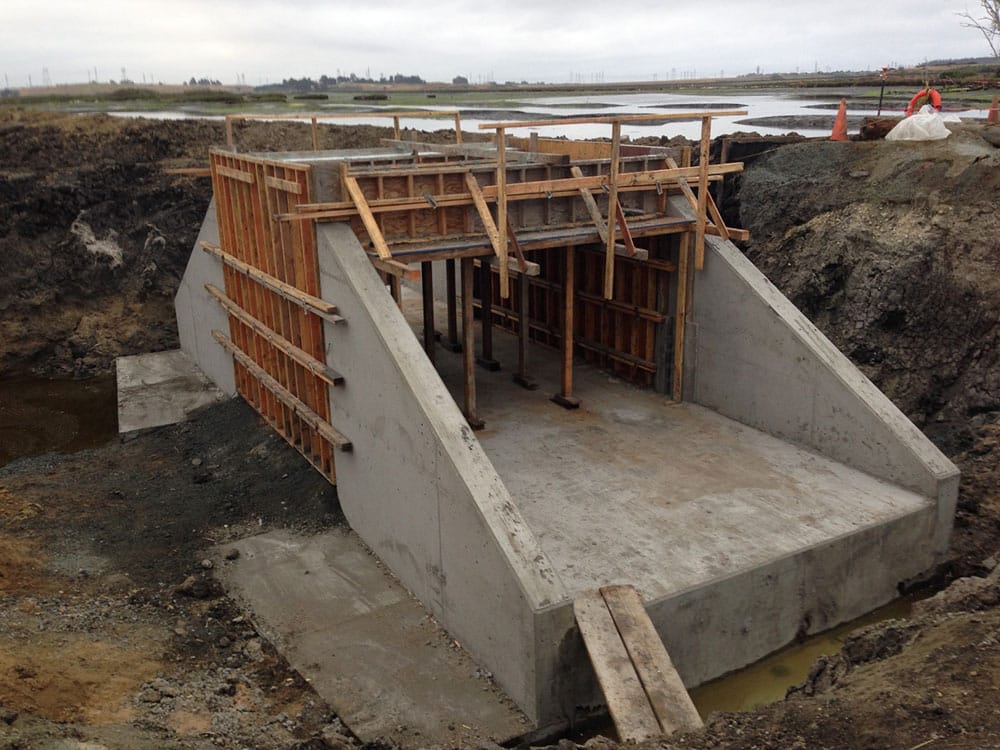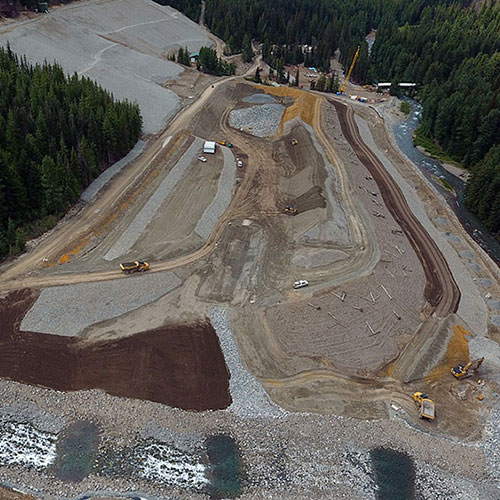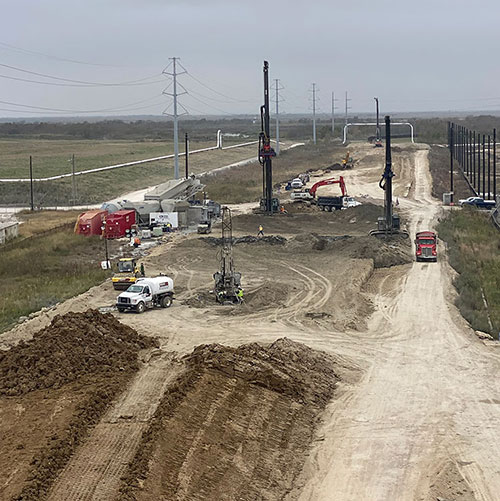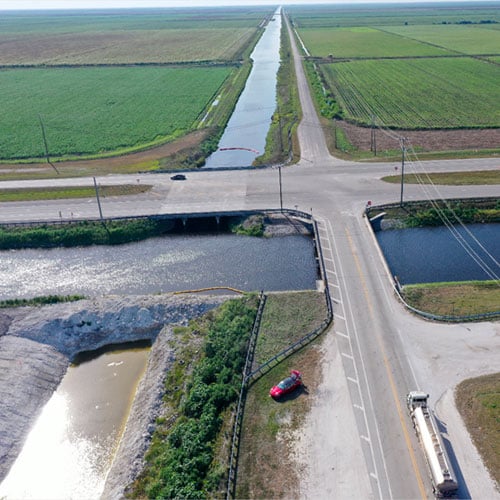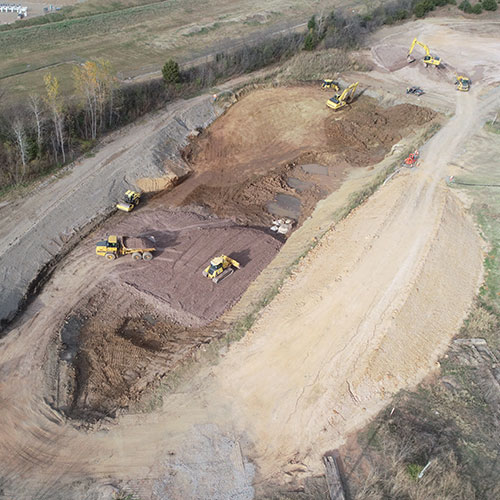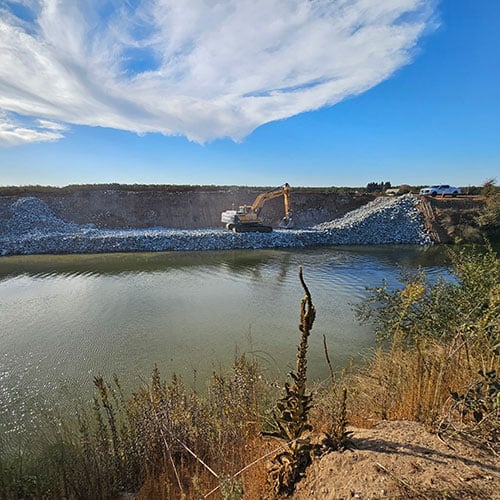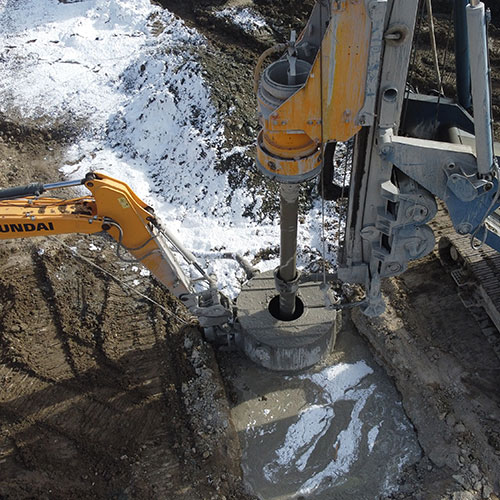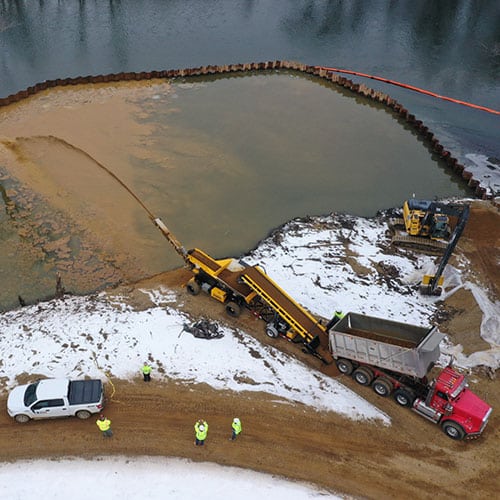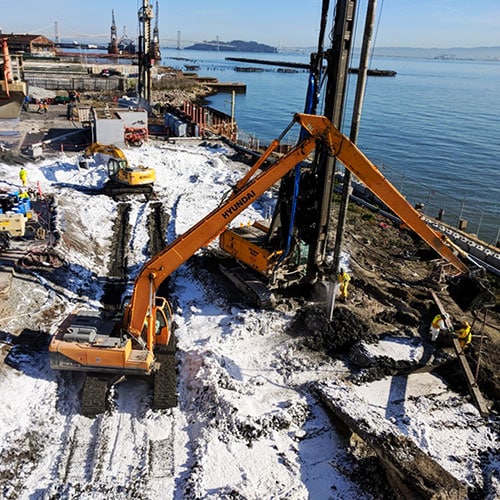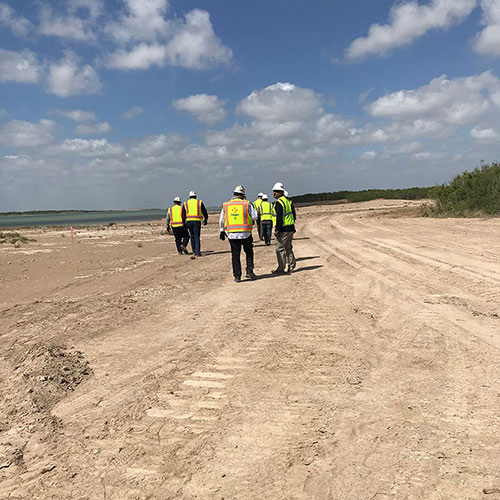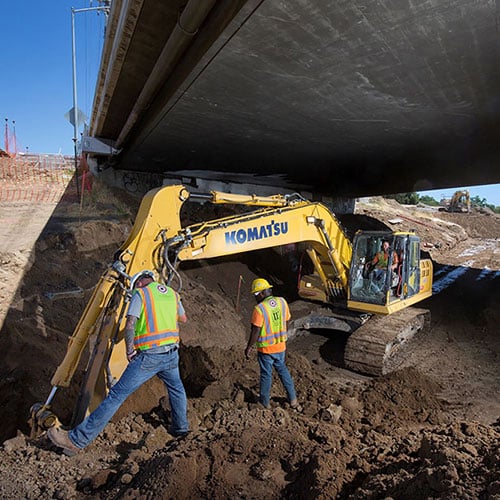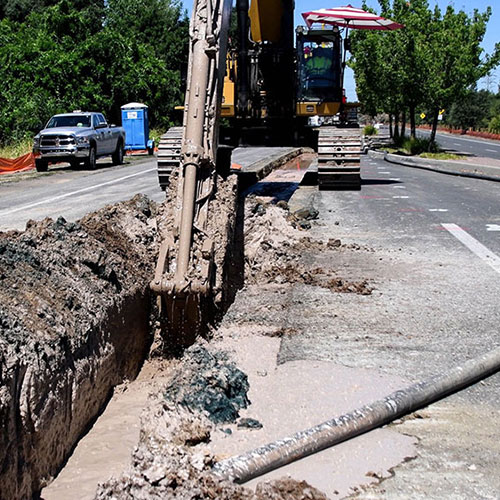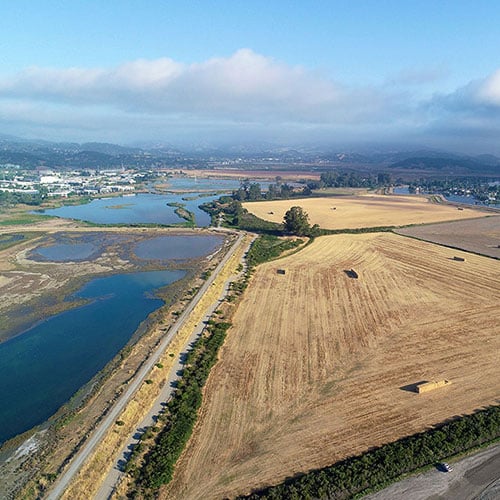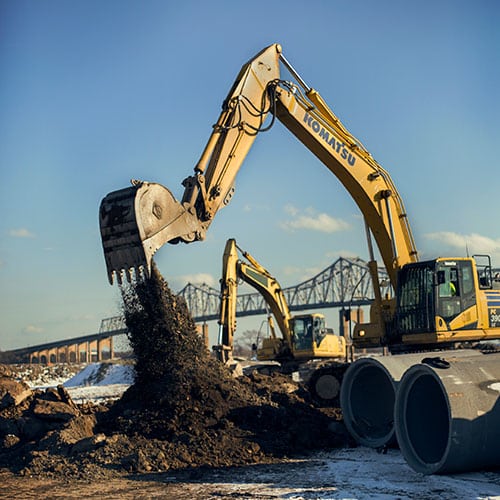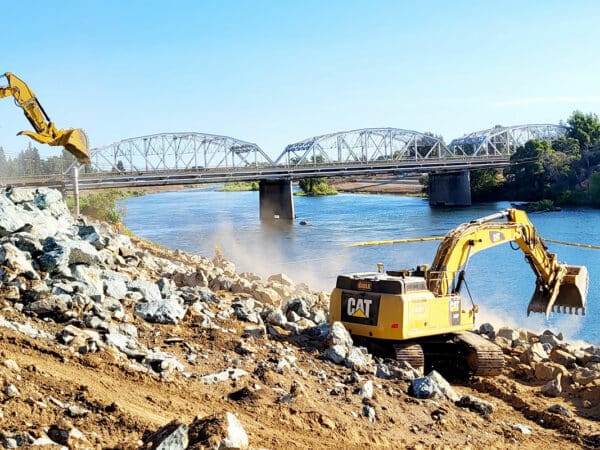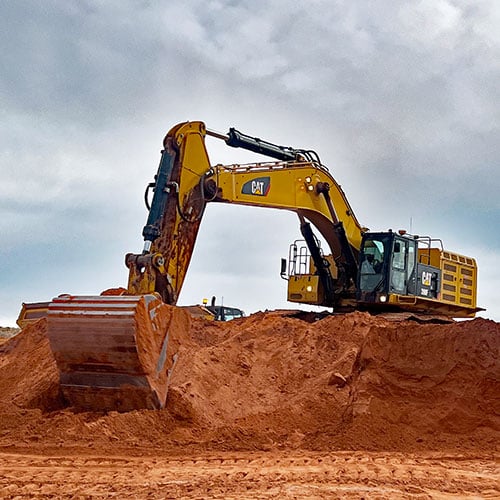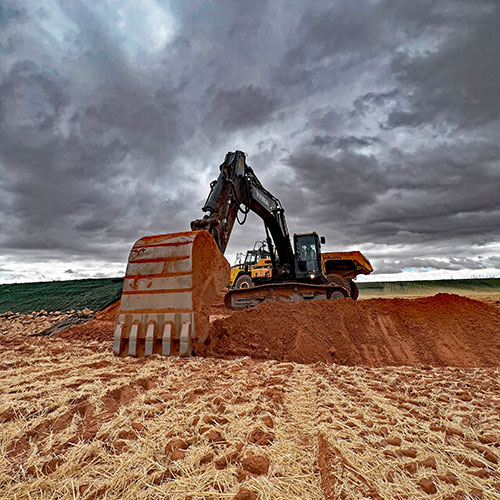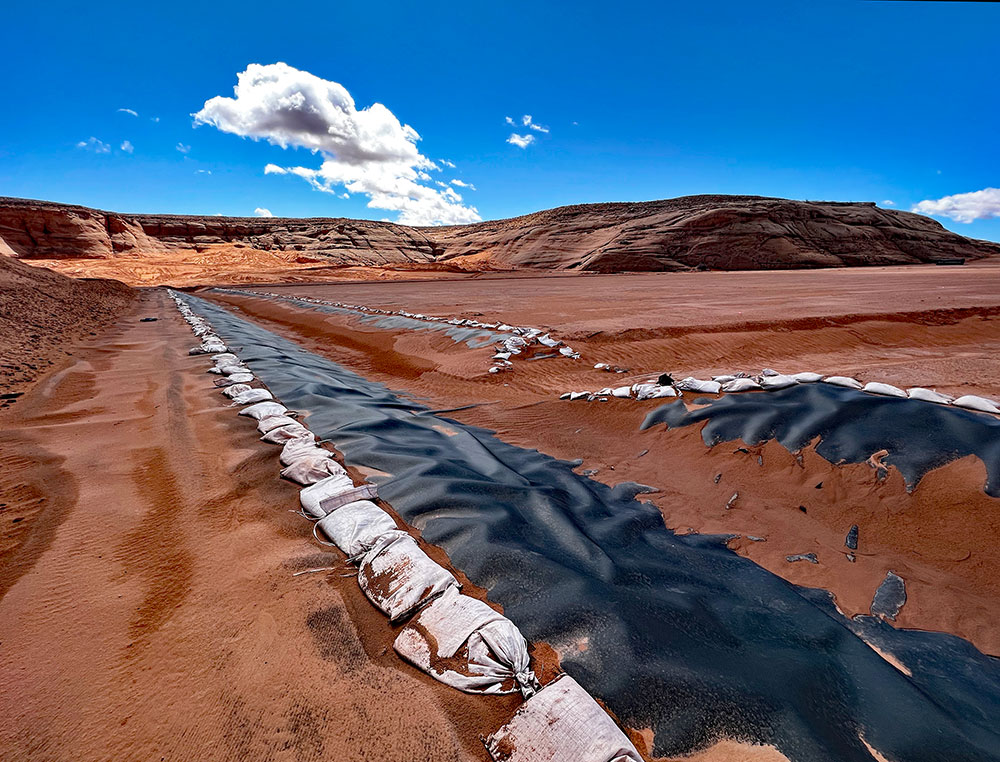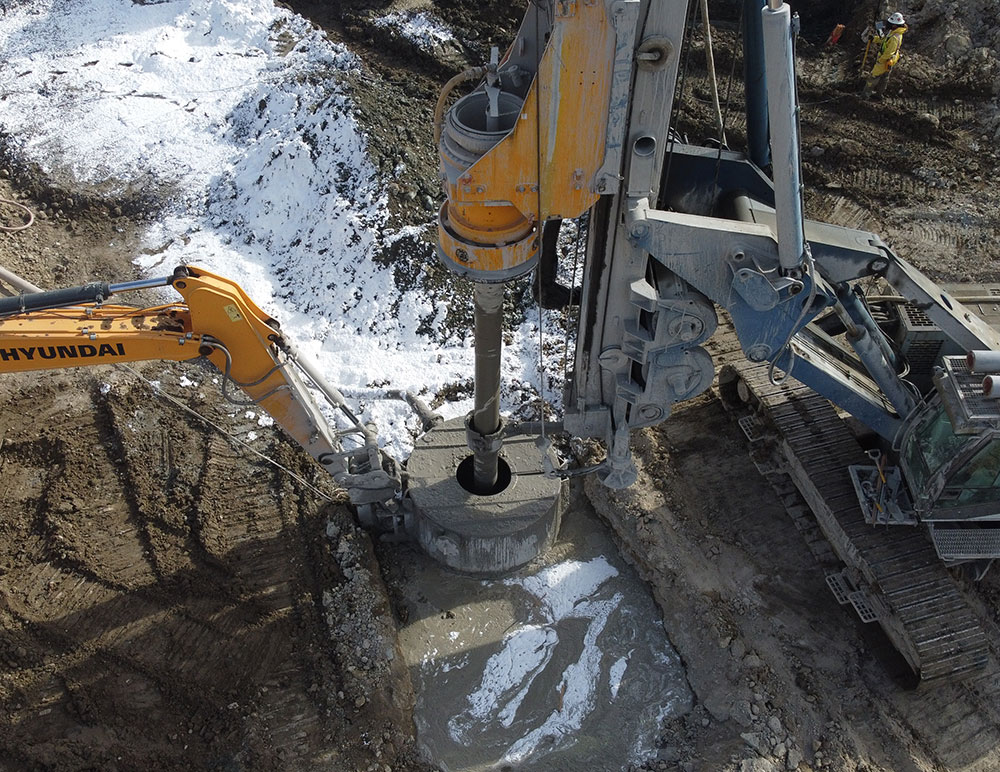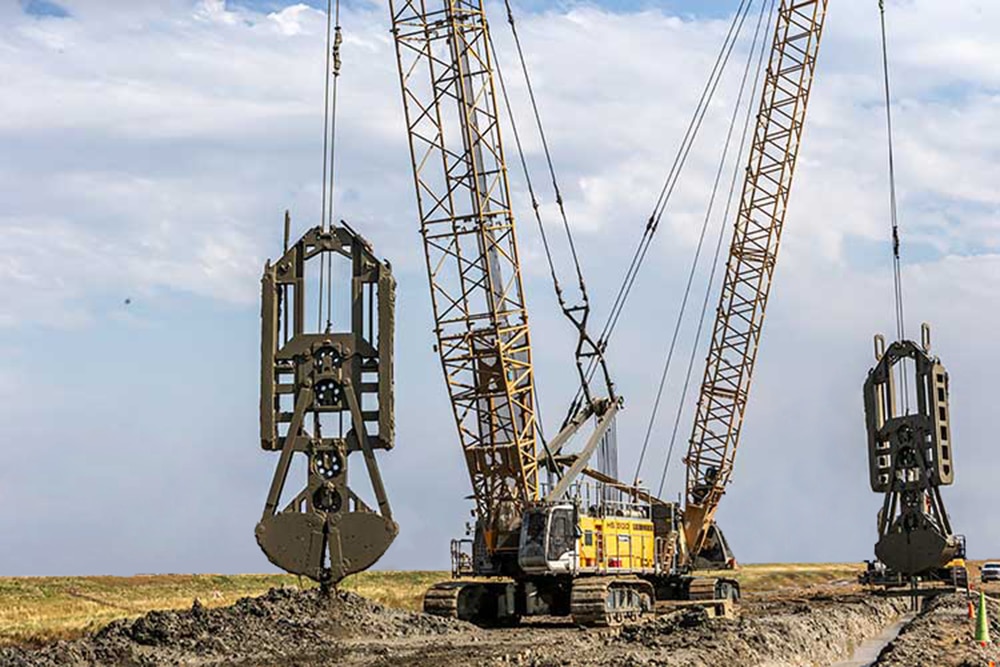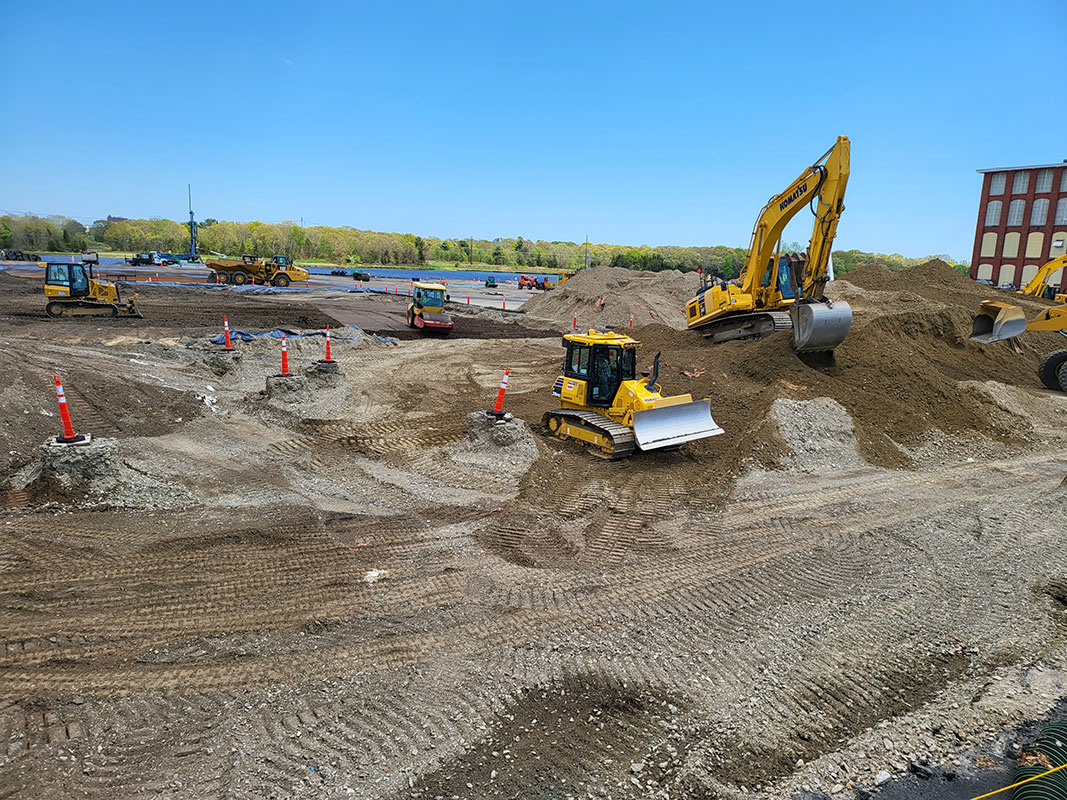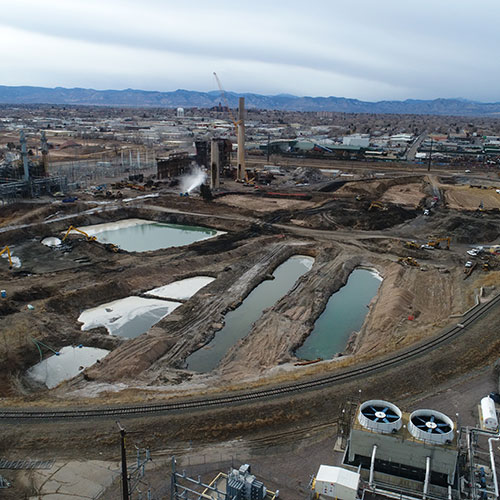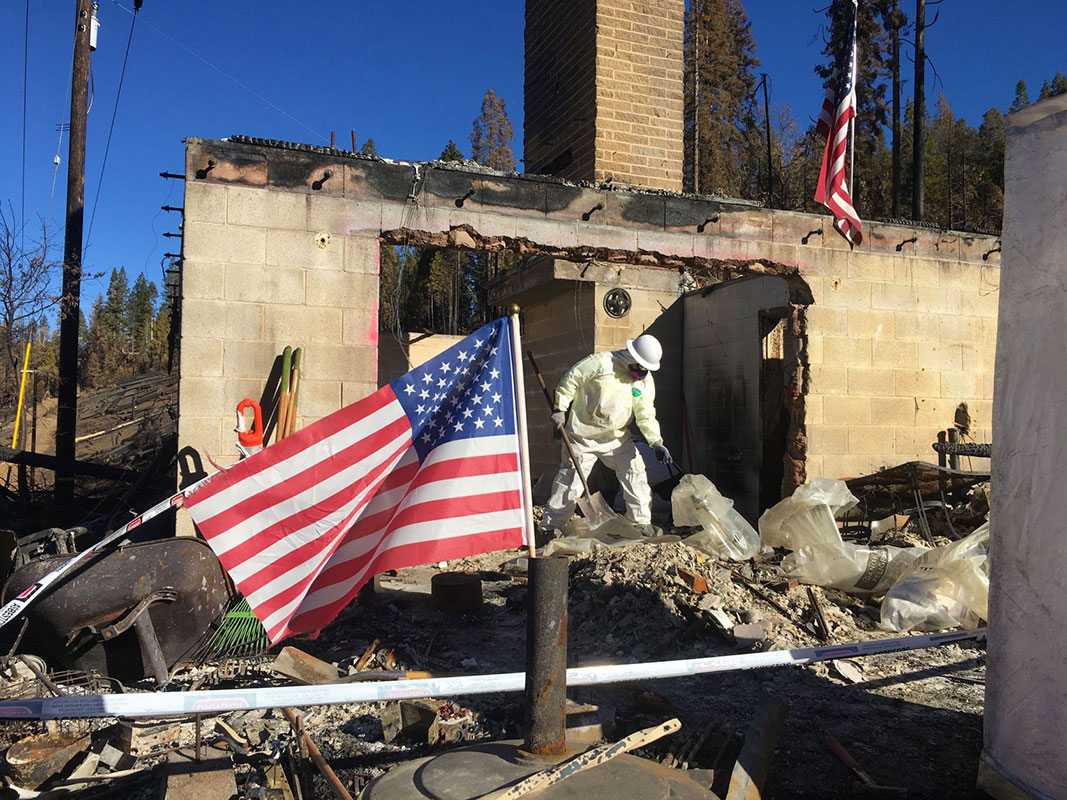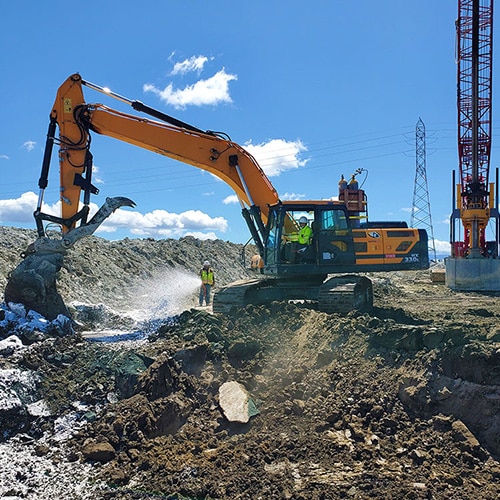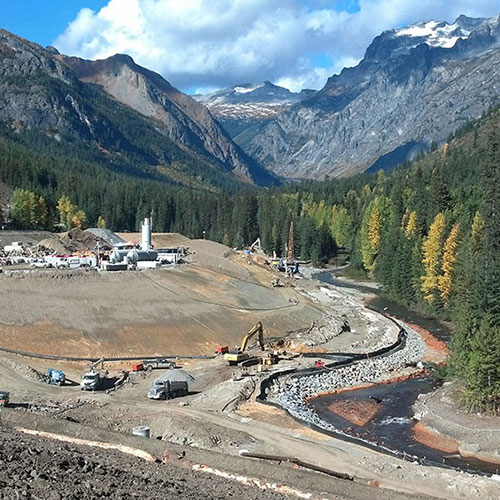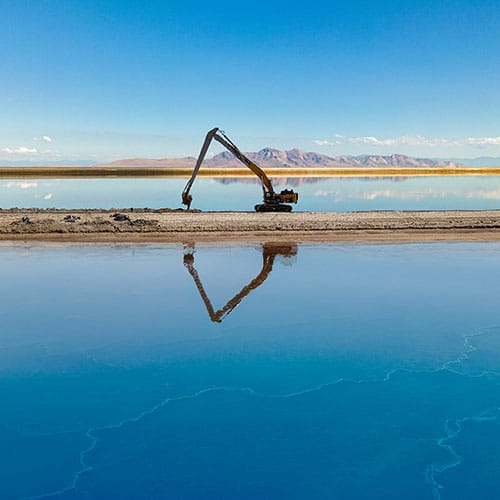We ensure safe and efficient construction through expert groundwater control solutions.
Groundwater control is essential for lowering the water table and creating dry working conditions on both the surface and subsurface – especially when site conditions, remedial performance, or project requirements demand it. This process ensures safe and efficient excavation and construction in areas where water presence would otherwise pose significant challenges.
At Forgen, we excel in groundwater control by capturing and rerouting surface water, groundwater, and rivers to achieve dry excavation conditions. Our expertise spans a wide range of projects, including traditional excavation, excavation using specialty equipment, and mechanical and hydraulic dredging.
We utilize two primary methods of groundwater control: pumping and exclusion. Pumping involves actively removing water from the site, while exclusion prevents water from entering the excavation area. For detailed information on our groundwater exclusion services, please refer to our page on cutoff and barrier walls.
Our approach emphasizes early contractor involvement (ECI), where we engage with owners and engineers from the outset. This early collaboration allows us to assess site conditions, evaluate intended outcomes, and recommend the most suitable groundwater control methods. By doing so, we optimize cost and schedule, streamline decision-making, and deliver tailored solutions that address project complexities effectively.
For more information on the benefits of early involvement and our alternative delivery methods, please refer to our page on alternative delivery.
Groundwater Control Capabilities
Alternative Delivery
We specialize in delivering projects through alternative contracting methods, aiming to improve quality, reduce costs, enhance efficiency, and manage risks.
Our expertise in heavy civil, geotechnical construction, and environmental remediation allows us to provide innovative solutions with agility. Early stakeholder engagement ensures alignment of project goals, fostering transparency and accountability. By combining technical expertise with innovative problem-solving and strong client communication, we tailor our services to meet each project’s unique challenges, ensuring successful outcomes.




